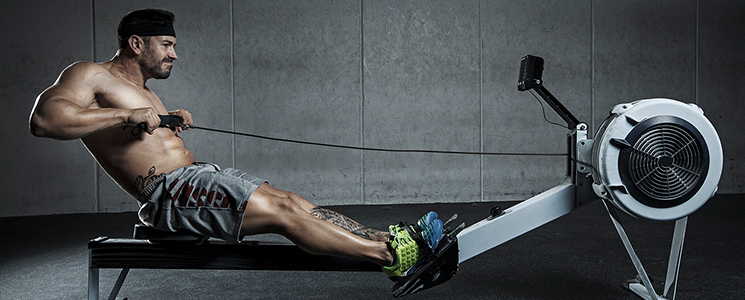Incisional Hernia Repair Surgery in NYC

Incisional hernias do not heal on their own and require surgery from an advanced hernia repair surgeon such as Dr. Mark Reiner. Dr. Reiner performs three different types of incisional hernia repair surgery in NYC: laparoscopic abdominal wall reconstruction, robotic incisional hernia repair, and open repair of complex incisional hernias. If you’re suffering from an incisional hernia, the first step to relieving your pain is to schedule a consultation with Dr. Reiner, an internationally-renowned hernia repair surgeon.
What is an incisional hernia?
An incisional hernia, often called a ventral incisional hernia or abdominal incisional hernia, occurs in the abdomen area and is the result of a weakening in the tissue where a surgical incision was previously performed. When a patient undergoes an operation (usually in order to access an internal organ, such as the appendix), the tissues that make up the abdominal wall must be stitched back together. Sometimes, the closure weakens over time or fails to heal properly, making a hernia possible. This kind of hernia can occur immediately following a surgical procedure or months after an operation.
What causes incisional hernias?
An incisional hernia can be caused by any surgical procedure that occurs in the abdomen. Usually, it is due to incisions that are vertical, or run up and down the abdominal wall. Any abdominal incision may break down over time causing a defect. Your chances of developing this kind of hernia post-surgery may increase if you:
- Are overweight or obese
- Have used steroids
- Have undergone stomach surgery more than once in the same area
- Are older in age
- Chronic lung conditions
- A surgical wound infection at the site of the abdominal incision
- Significant abdominal distension in the post-operative period
- An immunosuppressed patient
What are the symptoms of an incisional hernia?
Incisional hernia symptoms can vary, but generally may include any of the following signs:
- Bulging in the abdominal area causing dissymmetry of the abdominal wall
- Pain
- Aching
- Bowel obstruction with possible nausea and/or vomiting
- Thinning or discoloration of the abdominal skin over the hernia defect
How is an incisional hernia diagnosed?
Most incisional hernias are diagnosed on clinical exam. Occasionally, especially in patients who are overweight or in patients where the potential for more than one defect exists, certain radiographic testing may be indicated, such as a CT scan.
What People Say About Us!
I would like to thank you for your surgical care of my daughter. As you know, she is the joy of my life and the thought that I might lose her was too much for me to handle. Your surgical expertise and timely diagnosis made her well and brought her home to me. I found it so assuring the way you explained the situation, always answering all my questions with honesty and patience. Your warmth and caring for my daughter and my family will never be forgotten.
Click here to read more reviews.
How is an incisional hernia treated?
Incisional hernias do not heal on their own and require surgical treatment to fix. Dr. Mark Reiner is a skilled hernia repair surgeon in New York, who offers the following options for incisional hernia repair surgery:
- Laparoscopic abdominal wall reconstruction for incisional hernia
- Robotic incisional hernia repair
- Open repair of complex incisional hernias
If you are suffering from an incisional hernia, the first step to improving your health and getting back to your regular pain-free life is to schedule a consultation with an experienced hernia doctor. Dr. Mark Reiner is a top surgeon in the field of minimally invasive hernia repair, and has performed thousands of successful hernia operations. Contact Dr. Reiner today by calling 212.879.6677 or filling out the form on this page.
